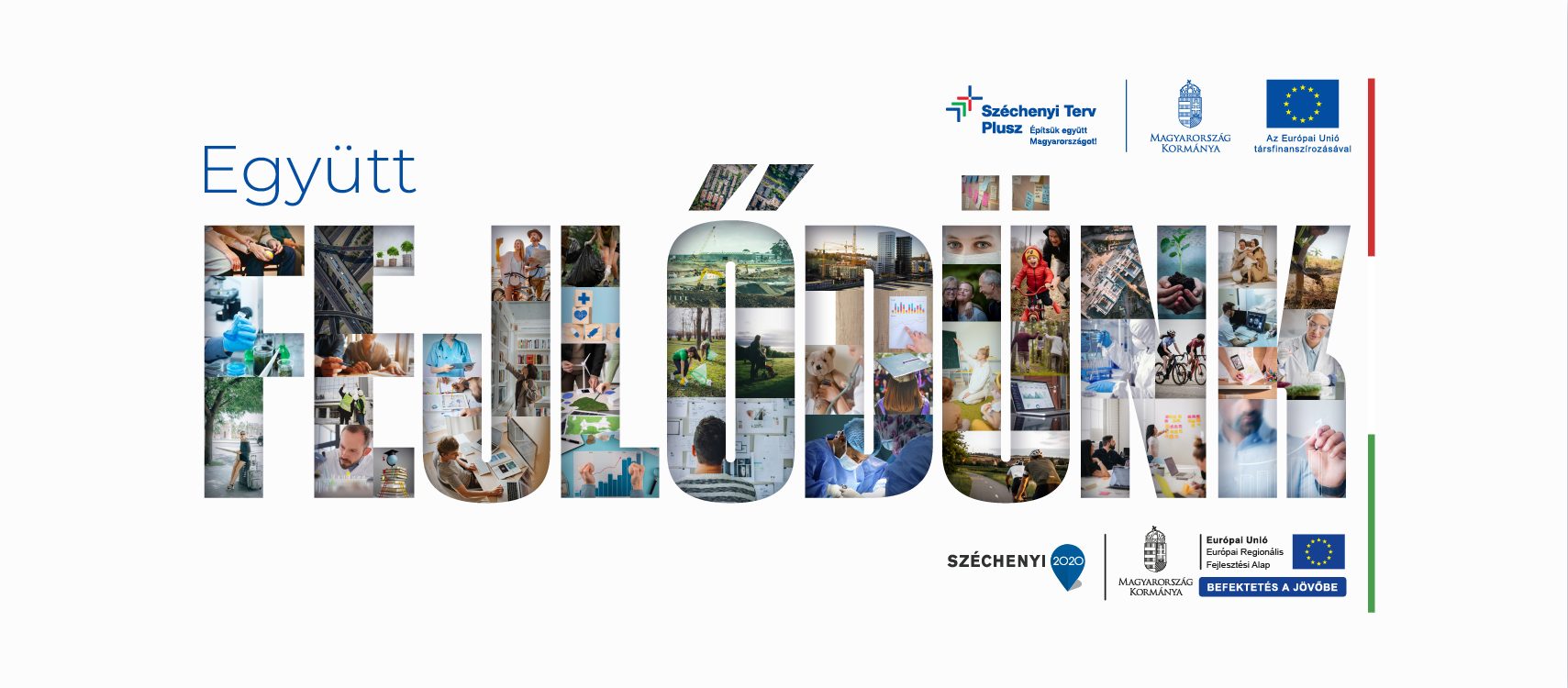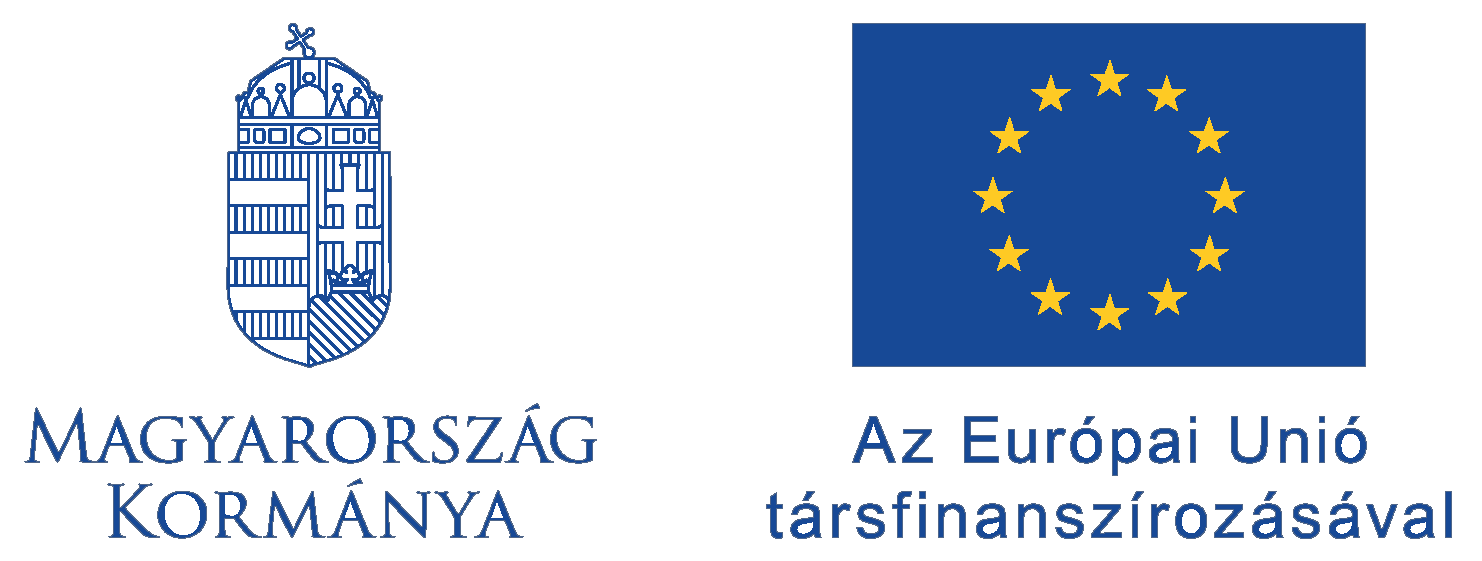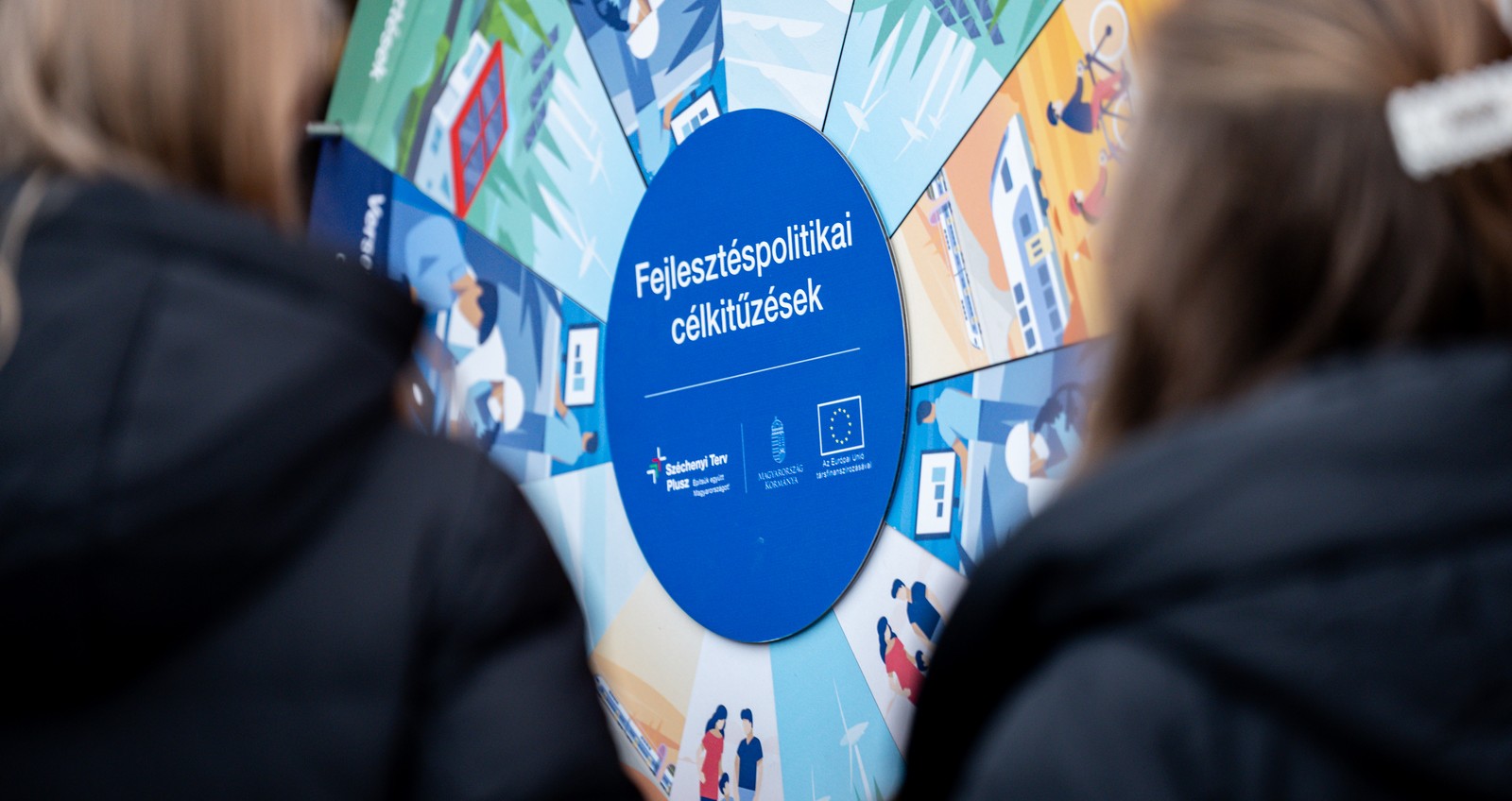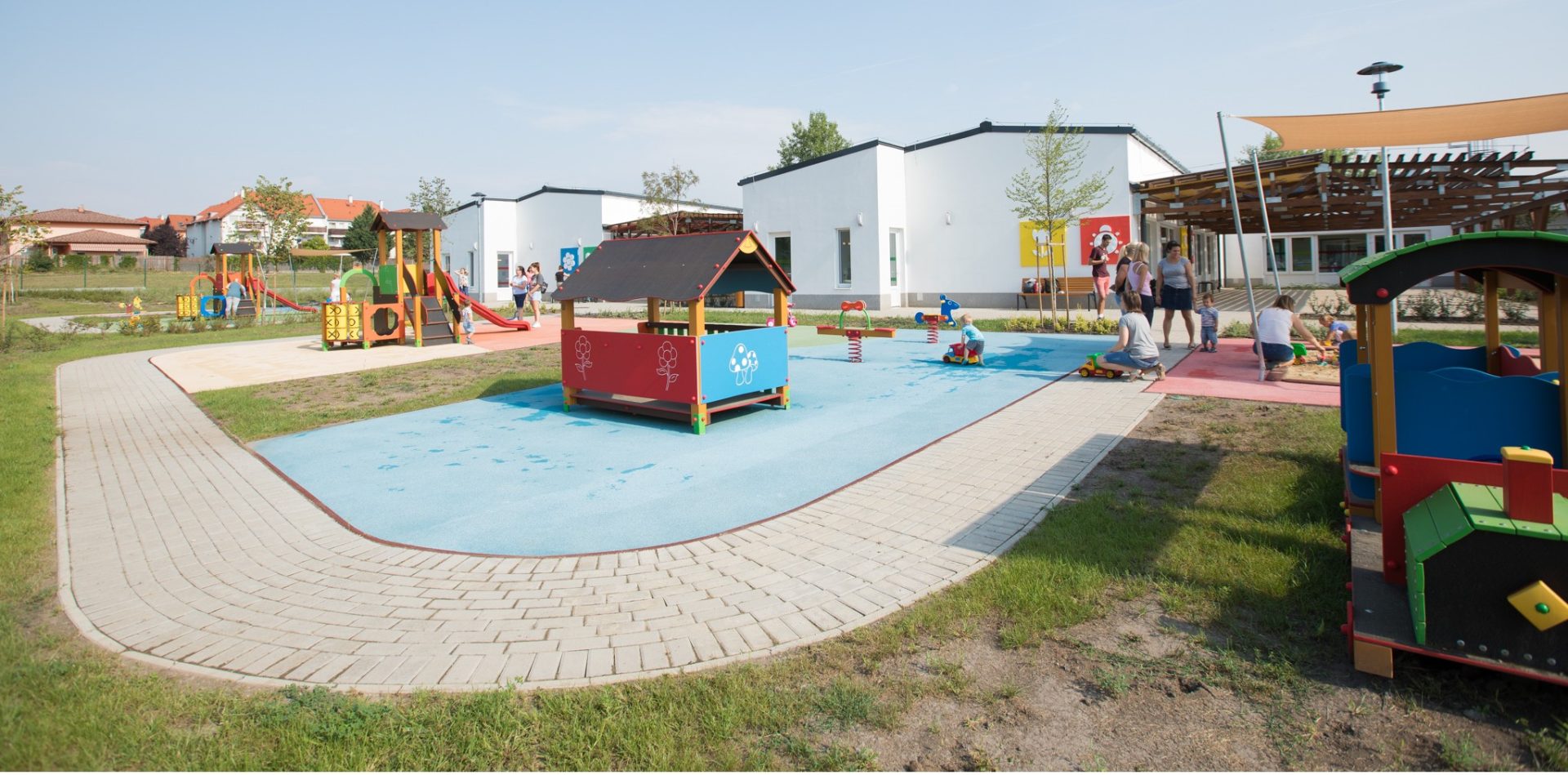Through the purchase of equipment and modern outpatient care forms, the quality of healthcare for the residents of Lábatlan and the affected settlements has improved.
Outpatient care serving the population of the town of Lábatlan and the village of Süttő are located in the Lábatlan Health Center. The building was completed in 2000 using modern construction technology. In addition to primary care, several specialist care are available to the public: gastroenterology, ophthalmology, gynecology, urology, physiotherapy, rheumatology, psychiatry, and the possibility of laboratory and ultrasound examinations.
The Health Center received EU funding through the Human Resource Development Operational Program. As part of the project, the equipment of 5 specialist care – gastroenterology, ophthalmology, gynecology, urology, physiotherapy – was upgraded. In addition, to ensure the building is fully accessible, a platform lift was installed to overcome the previously stair-crossed level difference between the first floor and the attic, making the individual service areas accessible.
Following the purchase of 33 new, modern medical devices, patients no longer need to travel to Nyergesújfalu or Esztergom, as many examinations can now be performed on-site.
A purchaised device for conducting CTG and NST examinations is used to monitor the fetal heart rate and the strength and rhythm of uterine contractions during pregnancy. In gastroenterology, a new colposcope aids in the detection and treatment of pre-cancerous lesions. Early screening of cancer increases the chances of survival. The endoscopic tower is suitable for investigating gastrointestinal complaints and facilitates the timely diagnosis of small and large intestine cancer.
In the field of ophthalmology, numerous new tools support professional care. The automated perimeter is an indispensable tool in modern ophthalmic diagnostics. The autorefracto-keratometer provides quick and accurate data on the curvature of the cornea, the refractive power of the eye, and the degree of internal ocular axis deviation (astigmatism). Every prescription for glasses requires an examination with this device. Additionally, an applanation tonometer (eye pressure meter), a color vision testing device, a vision chart, a diopter meter, an ophthalmoscope, a slit lamp biomicroscopy auxiliary lens, a slit lamp, and a skiascopy examination kit have been procured.
A cystoscope purchase related to urology has been completed; this special optical device used for cystoscopy serves the timely detection of tumors, stones, and other abnormalities. The uroflowmeter, on the other hand, is necessary for a more accurate assessment of the degree of urination difficulties caused by prostate diseases, which affect the majority of male patients, as it measures urine flow. With its help, a higher level of care can be ensured at the specialist clinic.
New treatment beds have appeared in the rheumatology department because the previous devices were worn out and their headrests were not adjustable. The new multifunctional treatment tower is necessary for electrotherapy treatments. The Kinetec passive knee mobilization device can shorten the rehabilitation period after surgery, speed up recovery, and allow the patient to return to work sooner.
In addition, a new, modern ultrasound device that does not require the presence of an assistant has also been purchased, allowing more patients to be examined in less time.
The number of people belonging to the clinic’s service area, that is, those who potentially require care—which varies by specialty according to the territorial care obligation—ranges between 7,169 and 16,367. The completed investment has created the opportunity for equal access to the services of the Health House and the provision of quality specialized care.
The development was implemented from EU funding in the project EFOP-2.2.19-17-2017-00035 under the Human Resource Development Operational Programme.
Find out more about the project in the Project Finder:Details








